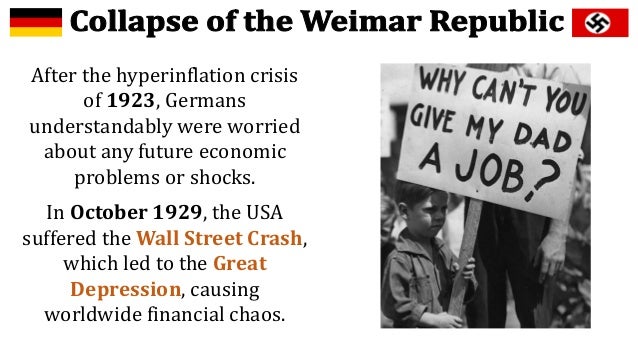The Germans was supported Adolf Hitler by using his charismatic and oratorical skills. He uses those skills to his advantage in justifying the German's resent towards the Treaty of Versailles and sought to abolish the Treaty. Hitler had adopted an extreme form of German Nationalism. Just like Stalin. Hitler also manipulated his ways to his rise to power, waiting for favourable circumstances to pounce at.
Under Hitler's leadership, the Nazi Party became more efficient and gained respect of voters. Hitler was able to garner the support of the Germans as he knew exactly what to say.
One of Hitler's Speech
"Speeches of Hatred"
Hitler's Speeches
Hitler's speeches and the way he was portrayed convinced many Germans that he had able to bring Germany to greatness. In January 1933, Hitler was appointed Chancellor of Germany. The thought of using Hitler to gain support in the Reichstag proved to be wrong as they did not have not met the true Hitler. When the time was ripe, Hitler acted decisively to take completed control over the entire Government.
Speech before Reichstag
This session of the Reichstag takes place on a date which is full of significance for the Germans. Four years have passed since the beginning of that great internal revolution which in the meantime has been giving a new aspect to German life.
Germans raising their hands to hail their leader,
Adolf Hitler, in his car drove past
Hitler's Quotes
Every famous leaders have their quotes to describe of what they have said. One of his famous quotes is "All great movements are popular movements. They are the volcanic eruptions of human passions and emotions, stirred into activity by the ruthless Goddess of Distress or by the torch of the spoken word cast into the midst of the people" - Adolf Hitler
Sources from:
http://www.brainyquote.com/quotes/authors/a/adolf_hitler.html
http://l7.alamy.com/zooms/439c34e350714dc3bd24c7d3973fceaa/adolf-hitler-at-a-rally-near-the-brandenburg-gate-in-berlin-in-late-b3nhex.jpg
http://vanderbilthistoricalreview.com/wp-content/uploads/2015/10/enabling-act2.jpg






